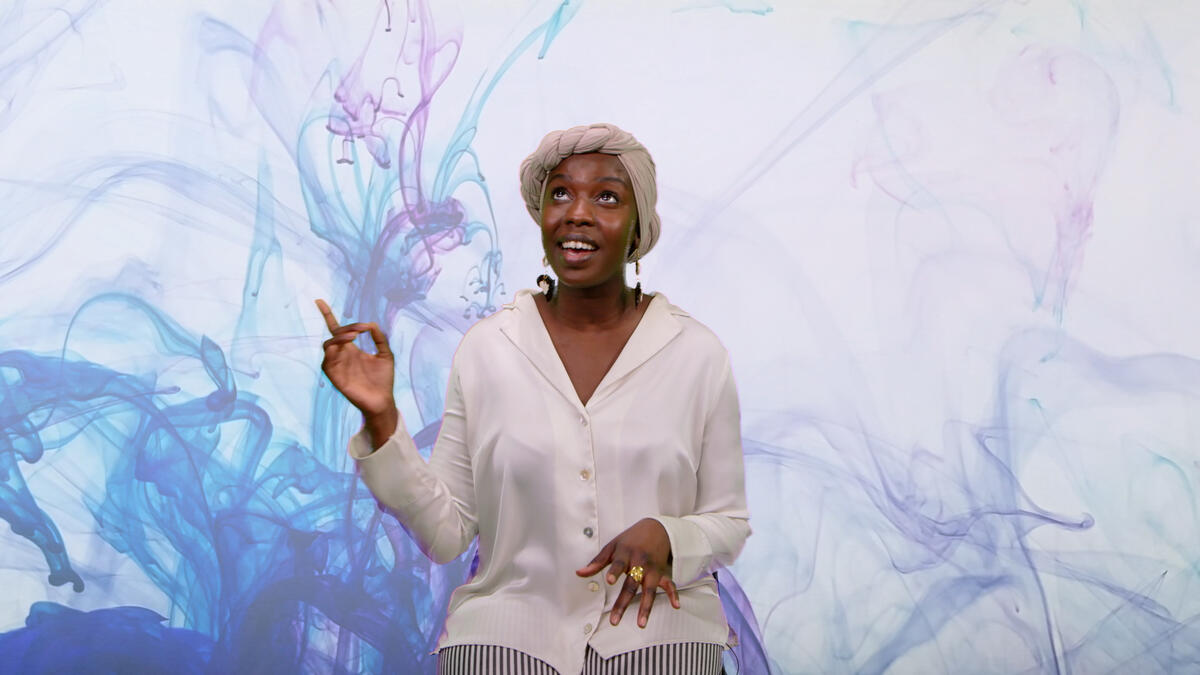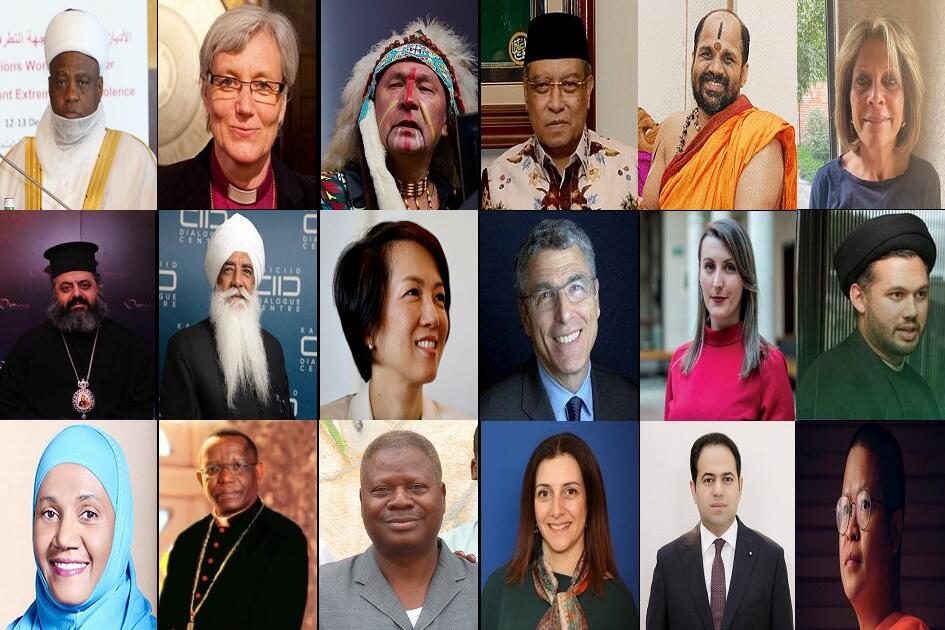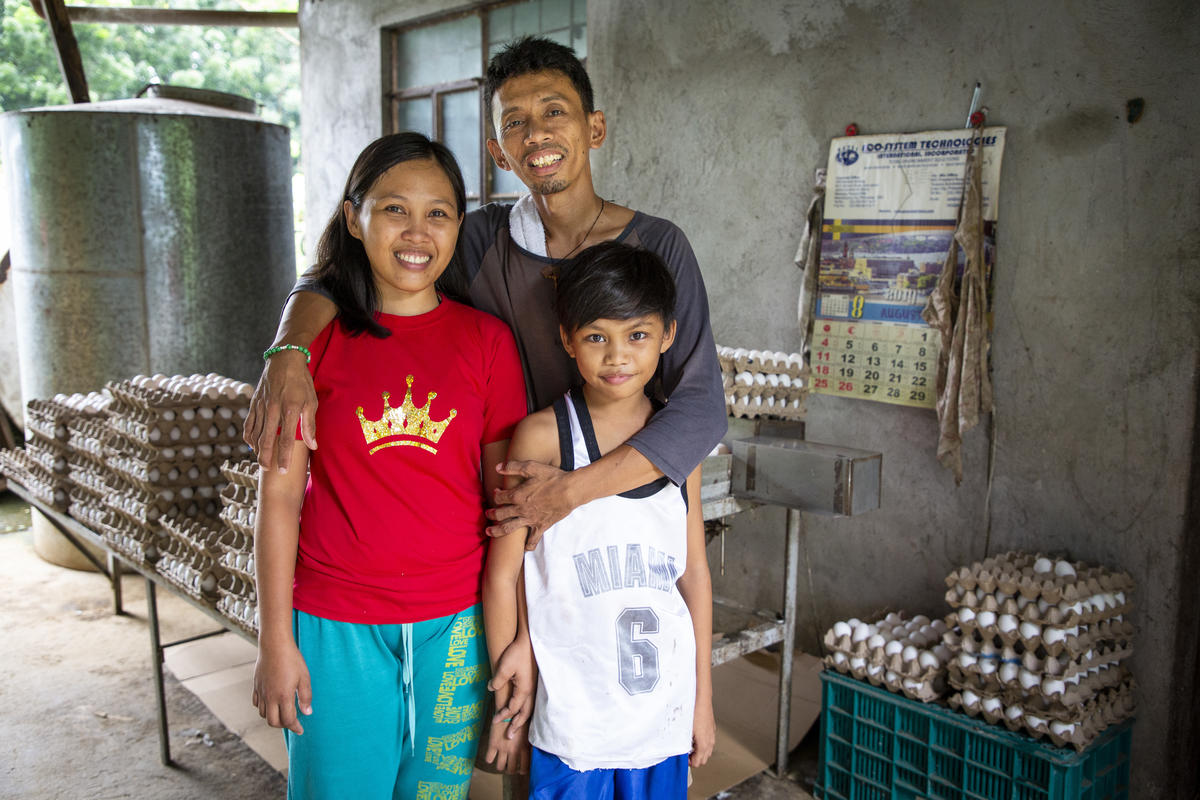Q&A: Head of Kenya's Makonde people recounts long walk from statelessness
Q&A: Head of Kenya's Makonde people recounts long walk from statelessness

GENEVA – Some 10 million people around the world are today estimated to be stateless, living in a bureaucratic limbo without access to health, education and other government services.
More than 75 per cent of the known stateless population belongs to minority groups. Without crucial papers – like national ID cards, birth and marriage certificates – they face discrimination, exclusion and persecution.
The Makonde in Kenya is one such group. But in 2016, after a change of heart by the Kenyan government and years of lobbying on the part of UNHCR and partner organisations, about 1,700 of the 4,000-strong community were granted full citizenship of the country most were born in and finally obtained ID documents.
The Makonde community, which trace their origins to northern Mozambique, is mostly made up of labourers who were recruited by the British during the colonial period to work on sisal farms and sugar plantations.
Other Makonde in Kenya are the descendants of exiled freedom fighters and refugees from the Mozambican civil war. Despite most being resident in Kenya since its independence in December 1963 or born there, they were not recognized as citizens or included in any of the population registration databases.
In a wide-ranging discussion on the margins of this year’s annual UNHCR-NGO consultations, the chair of the Makonde community Thomas Nguli spoke of his people’s long struggle for recognition and the suffering they endured.
How did you end up stateless in Kenya?
“I was born in Kenya in 1956. My parents came from Mozambique during the colonial times to work on the sugar and sisal farms. They arrived in 1936. After independence in 1963, they had no papers. They had no birth certificates and wtithout those you could not access ID cards. Without ID cards you could not even go into government offices to ask for help and support or access any government services. So, they just stayed on the farms.
How did this affect you personally?
“I only went to school to Class 2, that’s about 11 years old. I could not proceed because of a lack of documentation. My parents knew I would not be able to continue and so they took me out. They said there was no point me continuing if I could not even proceed to secondary school, let alone further. They said if I could not proceed it was better to go and help them on the plantations. For three years I did light work, like carrying water to the labourers and so on. Fortunately, my parents had the carving technique and I inherited it. As I grew up I wanted a better life and I practised the carving. I became a sculptor.
How did statelessness affect everyday life?
When you are stateless you feel like you are not a human being. You know you cannot receive even the most basic services. You know the police can harass you whenever they want. They harass the entire community. I could not open a bank account, I could not buy a house or small plot of land (shamba). I felt I was not a human being because I had no documents – no birth certificate, no immigration paper, no nothing. You cannot even go into a government building without showing an ID card so you can’t even go and ask what is wrong.

Why and how did things change?
We started fighting in 2005. I was already then in my 40s, but we wanted things to be better for our children. The government changed about that time. Until then it had been very repressive but when (former President) Mwai Kibaki came it was more relaxed. In (President Daniel arap) Moi’s day, it was harsh. They hated activists. They saw them all as the same and to be repressed.
The Catholic Church where we worshipped took up our case. We had no knowledge. We did not know where to begin, but the Church put us in touch with grassroots’ organisations and human rights groups, and that’s how eventually, we came into contact with UNHCR too. Through them we were able to acquire the knowledge to understand how to end our status.
What role did UNHCR play?
UNHCR played a huge role because after we came into contact with them through HAKI group and the Church, they advised we had to draw up a data base of how many we were in the Makonde community and where we all were in the country. Over the years, after many plantations closed, we had been scattered around the country. So many of my teenage dreams had gone, but I was thinking of the future. I was thinking of the next generation. I wrote to the President three times and after the third letter he agreed to see us and he took up our case and granted us status as the 43rd tribe of Kenya.
What does the future now hold for the Makonde?
Future generations must be educated. They can now go to school. Already we have some going to university. If you are educated you know how to deal with this situation. Now we must remove the fear from the rest of the community. After decades of harassment, fear of detention there is still fear. Only education can remove that.









